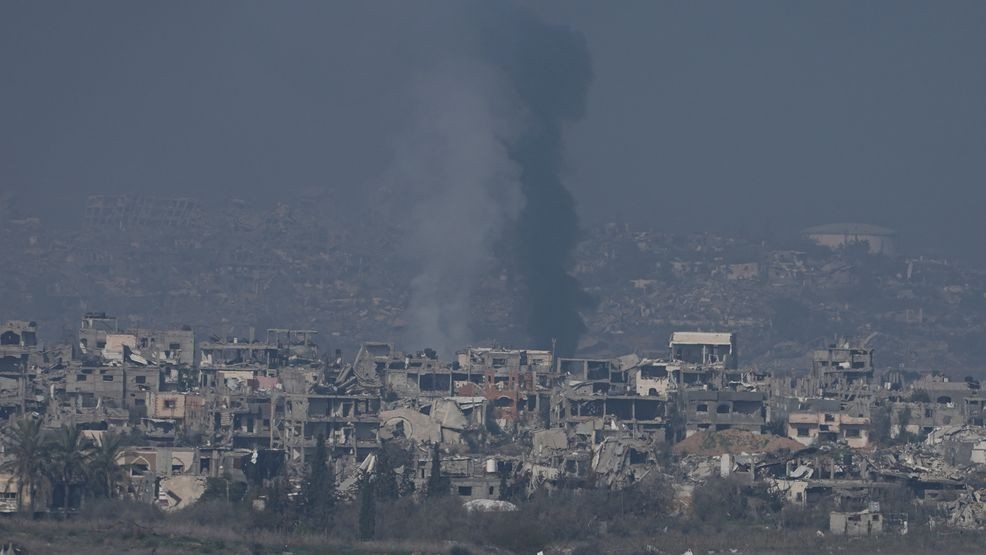With the Israeli Cabinet expected to vote Friday to approve or deny a ceasefire in the ongoing war political experts are weighing in on the impact a ceasefire could have.
This would be the second ceasefire in the ongoing war between Israel and Hamas, this one negotiated by Qatar, Egypt and the United States.
Sean Savage, a political science professor at Saint Mary’s college says that the U.S. likely played a backseat role to Qatar and Egypt in getting a ceasefire in place.
“They were much more, I think, involved in this, and more focused and determined to get a ceasefire. I think the US under Biden has been, you know, less effective as one of the three countries involved in the mediation and leading to the ceasefire,” Savage said.
Savage does say that it could just be a coincidence that hostages will be released right before the inauguration but it draws similarities to Iran releasing hostages the day Ronald Reagan was inaugurated.. and the lasting view on the incoming president.
“Many Reagan supporters thought, well, you know, this is how and why Reagan will be a better president than Carter, you know, you know, he’s a kind of a president who’s going to be respected by by world leaders especially by governments like that of Iran under the Iranian revolution that are hostile to the United States,” Savage said.
While it is unclear if the ceasefire will hold, Savage says not only would Hamas breaking the terms of the ceasefire potentially bring major consequences and the same goes for Israel under a trump administration.
“If he gets angry enough about the you know, Benjamin Netanyahu government, Israel. Again, I would not be surprised if he not only threatened to withhold military aid to Israel, but if he actually did so,” Savage said.
Savage says any impact is all dependent on whether the ceasefire holds to the terms that are agreed upon but for now it is a waiting game to see if Israel will approve the ceasefire.
